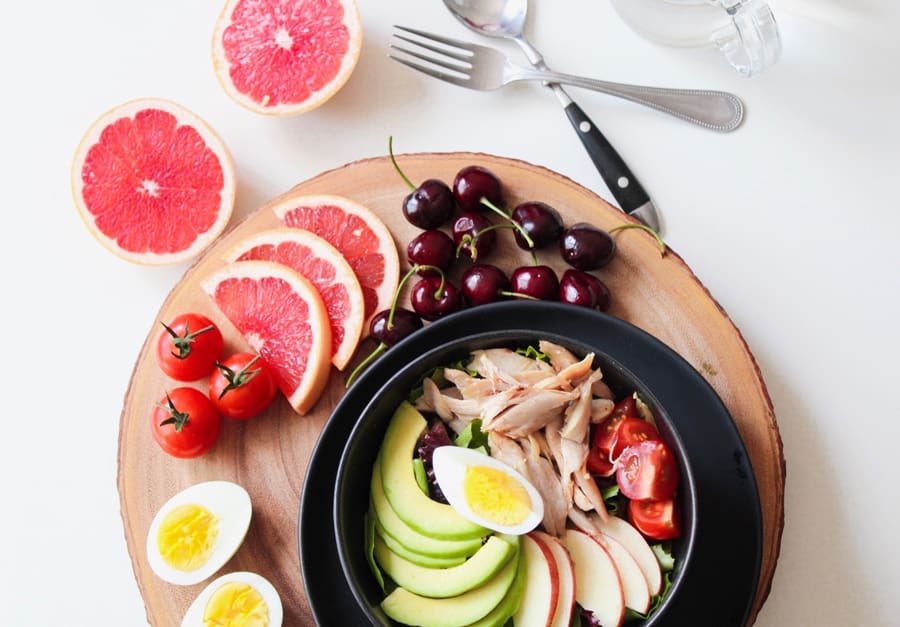Over the past decade, at least 50 books and thousands of academic papers have emerged illuminating happiness and how we can get more of it. The most groundbreaking work comes from a team led by a Nobel Prize-winning psychologist who developed the latest technique in measuring happiness. It involves having people keep a diary of one day’s activities and then, the following day, meticulously rate each activity. It found, not surprisingly, that our least favorite activities revolve around housework, commuting and facing our boss. Notably, the study found that mothers — despite what they may tell you — do not like taking care of children, an activity they rank below cooking and only slightly above housework.
We tend to wake up grumpy, and then our mood improves throughout the day, with the occasional bout of bliss or anxiety.
Indeed, our day seems to crescendo, peaking in early evening.
At that time, on a good day, we engage in the greatest of quotidian joys: dinner with family or friends. (Okay, sex nudged out dinner parties for the top ranking, but we’ll leave that for another publication.)
But it didn’t require Nobel Prize winner’s research to discover the role of the dinner table in our happiness. Grimod de la Reynière, an 18th century Miss Manners meets Michelin Guide for French aristocrats, hit the nail squarely: “Life is so brief,” he wrote, “that we should not glance either too far backwards or forwards … Therefore study how to fix our happiness in our glass and in our plate.” But how does one fix our happiness on our glass and our plate in 2011? Allow me to suggest 5 food secrets that will stack your deck in favor of happiness.
Make Dinner Sacred.
Establish a time of day when the whole family eats. Make it a household rule. Turn off the TV, the CD player and the radio. Research shows that families that eat together have stronger ties, eat more nutritiously and consume fewer calories. And try a trick I learned in Denmark: light candles during dinner, especially on cold nights. Danes call the mood-lifting warmth candles create hygge.
Cook Your Own Food.
Taking the time to prepare your own meal can be a meditation of sorts, an antidote to the mindless lurch of everyday events. When you prepare your own food, you’re in charge of the ingredients; you know exactly what you’re eating. It’s an expression of care for your family or guests.
Lunch with Coworkers.
The biggest determinant as to whether we like our job or not is if we have a best friend who works with us. Most of us don’t start a job with our best friend, so that leaves us with making one. The lunch hour provides both the time and the vehicle for making a new acquaintance.
Polish Off Some Plants.
Eating a plant-based breakfast or lunch can boost your mood for the rest of the day (whereas a meaty, fatty lunch decreases your energy). New research shows that a meal high in saturated fats reduces our arteries’ ability to carry enough blood to our brains and muscles, making us more sluggish and slower-witted.
Host a Dinner Party.
The idea here is to create the ritual of inviting guests for a weekly meal. This needn’t be a lavish affair. In fact, potluck dinners will ratchet down the stress level and invite guest participation. The point is the gathering around the food, not so much the food itself.
Dan Buettner is the New York Times best-selling author of Thrive: Happiness the Blue Zones Way and the founder of bluezones.com, an organization that helps people live longer, better.



